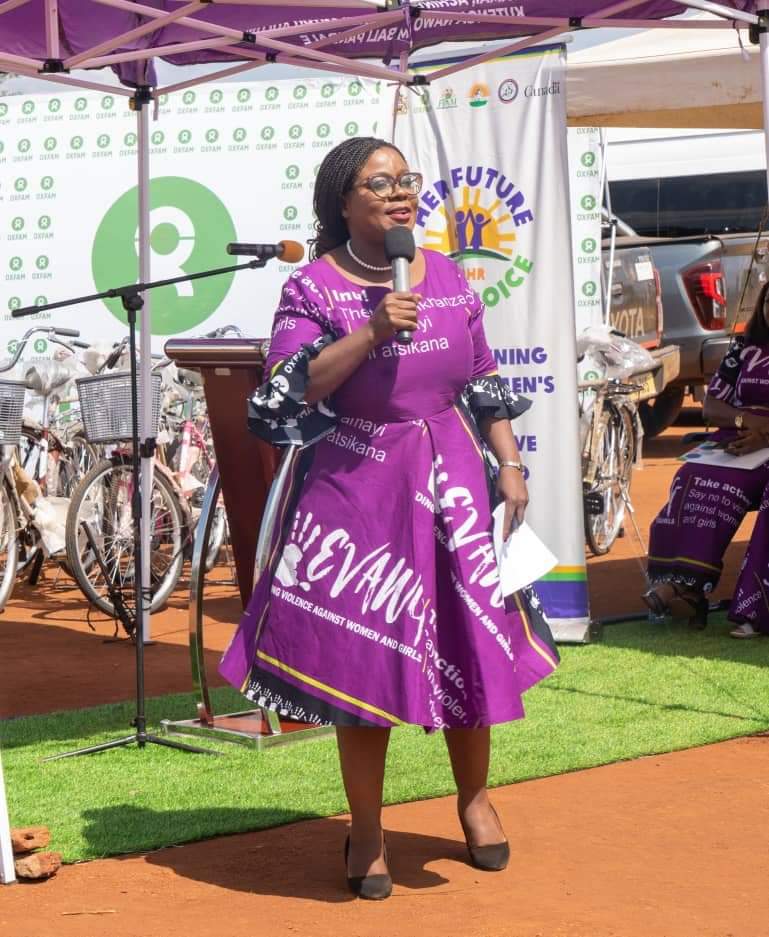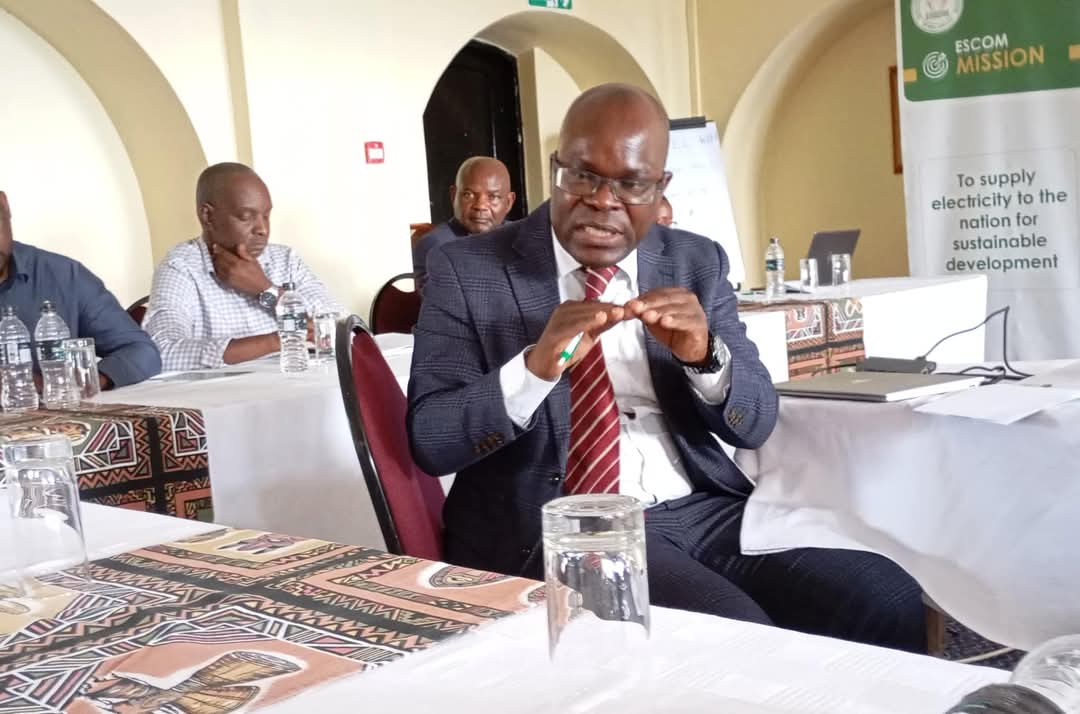By Burnett Munthali
Oxfam Malawi, through its “Her Future, Her Choice” project, has successfully returned over 2,000 learners to school, including 1,032 girls who were withdrawn from child marriages since 2019. The initiative, aimed at addressing the barriers young people face in accessing education, has made significant strides in promoting girls’ education and reproductive health rights.
Speaking during the closing ceremony of the project held in Traditional Authority (TA) Malili, Lilongwe, Oxfam Malawi Country Director Lingalireni Mihowa highlighted the project’s achievements. “Since 2019, we have managed to withdraw 1,032 girls from child marriages, and they have been readmitted to school. This is a major step towards securing their future through education,” said Mihowa.
Mihowa further explained that the project has reached over 40,000 youths, providing them with access to Sexual and Reproductive Health and Rights (SRHR) services. This has empowered many young people, particularly girls, to make informed decisions about their health and futures.
Minister of Gender and Community Development, Jean Sendeza, commended Oxfam’s efforts and urged local organizations to continue the work initiated by the “Her Future, Her Choice” project. “This initiative has transformed the lives of many young people. I encourage other organizations to build on this success and extend these efforts to reach more youths across the country,” Sendeza stated.
Funded by Global Affairs Canada with a K4.5 billion budget, the five-year project was implemented in rural areas of Balaka and Lilongwe. It focused on breaking the cycle of poverty and child marriage by promoting education, providing SRHR services, and empowering young people to create a brighter future for themselves.





